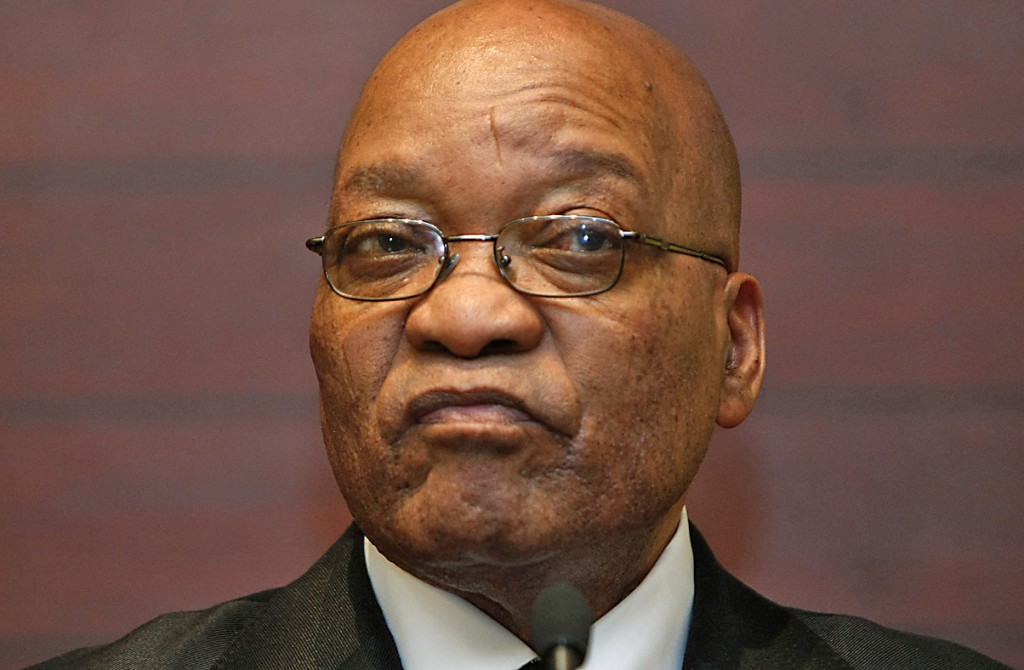South Africa’s top court rules on Thursday on whether President Jacob Zuma must repay the state some of $16 million spent upgrading his private home, a judgement that could hit the scandal-plagued leader politically as well as financially.
In the latest twist to a six-year saga over his sprawling Nkandla residence, the Constitutional Court must decide whether the findings of Public Protector Thuli Madonsela, a constitutionally mandated anti-graft watchdog, are binding.
If it says they are – and signs point in that direction – Zuma faces a bill that could run into millions of rand, and more heat from members of his African National Congress (ANC) who fear his tarnished record will hurt the party in mid-year provincial elections.
After a string of scandals during his seven years in office, from Nkandla to claims over a love-child he has denied fathering, Zuma has been under intense pressure since December when his abrupt firing of finance minister Nhlanhla Nene sent the rand into a tail-spin.
In a surprising move last month, Zuma offered to pay back some of the money spent on Nkandla.
His lawyer, Jeremy Gauntlett, then admitted to the Constitutional Court that their Nkandla defence — based on the contention that all the improvements were security-related — had been wrong and that Madonsela’s findings were binding, making it unlikely Zuma will win a ruling in his favour.
The ANC’s majority in parliament will almost certainly give political cover from any opposition attempt to impeach Zuma, but a large construction bill could trigger more cries of financial impropriety, stoking opposition within the ruling party.
“It doesn’t lead to impeachment but it does lead to the president having to come up with the money, which I think he probably can do given the kind of accumulation of wealth of his family and friends,” said independent political analyst Nic Borain.
“But that is going to raise the question of how has he managed to come up with that money.”
As president, Zuma’s annual salary is 2.7 million rand. If any payment were made on his behalf, they would be liable for income tax at 41 percent.
“FIRE POOL”
Madonsela’s 2014 report on the Nkandla upgrades made clear Zuma should pay for anything not security-related, in particular a cattle enclosure, amphitheatre, visitor centre, chicken run and swimming pool.
Zuma refused to comply, ordering parallel investigations by the public works and police ministries that largely exonerated him, based on declarations that included calling the swimming pool a fire-fighting reservoir.
Gauntlett’s volte-face before the court in February also included an admission that the police minister’s report was meaningless, and a plea to the judges not to stray too far into politics in case it gave political ammunition to the opposition.
“This is a delicate time in a dangerous year,” Gauntlett told the court. “It will be wrong if this court makes a ruling which may result in a call for impeachment.”
In her report, Madonsela said the Treasury and police should work out the “reasonable cost” of the final cost of the five items she deemed non-essential.
Citing Public Works Department documents, she cited estimated costs of 2.8 million rand ($187,000) for a swimming pool and parking garage for VIP guests, and 1.2 million rand for a ‘cattle culvert’.
($1 = 15.0019 rand)
(Reporting by Ed Cropley; editing by John Stonestreet)

